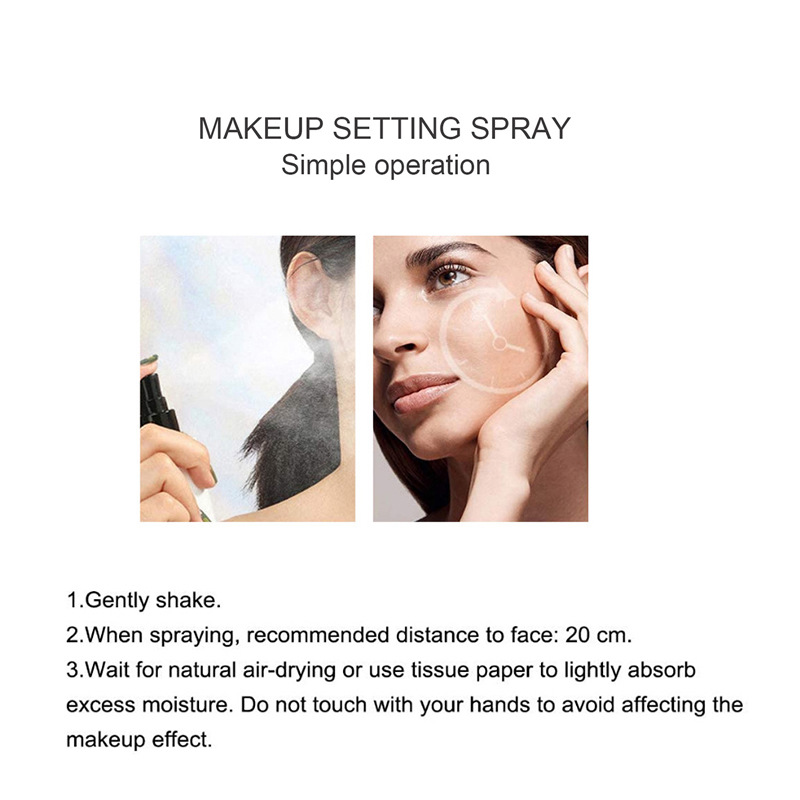Pet SM: A Comprehensive Guide to Safe and Effective Pet Skin Management
Guide or Summary:Pet Skin ManagementUnderstanding Pet Skin HealthCommon Skin Problems in PetsEffective Pet Skin Management StrategiesPet Skin ManagementMana……
Guide or Summary:
- Pet Skin Management
- Understanding Pet Skin Health
- Common Skin Problems in Pets
- Effective Pet Skin Management Strategies
Pet Skin Management
Managing your pet's skin health is a crucial aspect of pet care. A healthy skin not only contributes to your pet's overall well-being but also enhances their quality of life. However, skin issues can be complex and challenging to manage. This comprehensive guide to pet skin management will help you understand the basics, recognize common skin problems, and implement effective care strategies to keep your pet's skin healthy and glowing.
Understanding Pet Skin Health
Pet skin is unique and requires specialized care. Unlike human skin, pet skin is thinner and more sensitive, making it susceptible to various skin conditions. Understanding the structure and function of your pet's skin is essential for effective skin management. Pet skin has several layers, including the epidermis, dermis, and subcutaneous layer. Each layer plays a vital role in protecting the skin and underlying tissues.
Common Skin Problems in Pets
Skin problems in pets are common and can range from mild to severe. Some of the most common skin issues include allergies, skin infections, fungal infections, and skin cancer. Allergies can be triggered by a variety of factors, including food, environmental allergens, and flea bites. Skin infections, on the other hand, can be caused by bacteria, fungi, or parasites. Fungal infections are characterized by itching, redness, and scaly skin. Skin cancer is a rare but serious condition that requires prompt diagnosis and treatment.

Effective Pet Skin Management Strategies
Effective pet skin management involves a combination of preventive measures, regular grooming, and prompt treatment of skin conditions. Here are some essential strategies for maintaining healthy pet skin:
1. **Regular Grooming**: Regular grooming helps remove dead skin cells, dirt, and debris from your pet's skin. Brushing your pet's coat daily can help prevent matting and skin irritation. Bathing your pet with a gentle, pet-friendly shampoo can also help keep their skin clean and healthy.
2. **Nutrition**: A balanced diet rich in essential vitamins and minerals is crucial for maintaining healthy skin. Foods high in omega-3 fatty acids, vitamins A and E, and antioxidants can help nourish your pet's skin and prevent skin conditions. Consult with your veterinarian to choose the best diet for your pet's skin health.

3. **Preventive Care**: Preventive care measures, such as flea and tick prevention, can help reduce the risk of skin infections and allergies. Regular veterinary check-ups can also help detect skin problems early and prevent them from worsening.
4. **Prompt Treatment**: If you notice any signs of skin problems in your pet, such as itching, redness, or skin lesions, seek prompt veterinary care. Early diagnosis and treatment can help prevent complications and improve your pet's chances of recovery.
Effective pet skin management is essential for maintaining your pet's overall health and well-being. By understanding the basics of pet skin health, recognizing common skin problems, and implementing effective care strategies, you can help keep your pet's skin healthy and glowing. Remember, regular grooming, a balanced diet, preventive care, and prompt treatment are key to maintaining healthy pet skin.

By following this comprehensive guide to pet skin management, you can ensure that your pet's skin remains healthy, shiny, and free from common skin problems. Remember, a happy, healthy pet is a happy, healthy family. Investing time and effort into your pet's skin health is an investment in their overall well-being and quality of life.